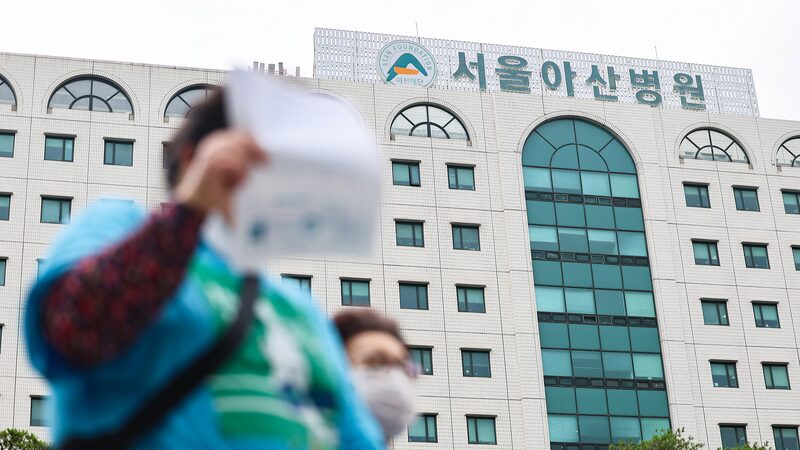When Stephen Hawking was diagnosed with amyotrophic lateral sclerosis (ALS) in 1963, doctors predicted he had only a few years to live. Yet the visionary physicist defied expectations, surviving for 55 years until his passing in 2018. His extraordinary longevity with the incurable neurodegenerative disease continues to intrigue medical professionals and the public alike.
ALS, which progressively paralyzes patients by attacking motor neurons, typically claims lives within three to five years of diagnosis. Hawking’s case stands as a rare exception. Professor Fan Dongsheng, a leading neurologist at Peking University Third Hospital, highlights three potential factors: early-onset ALS progression patterns, advanced respiratory care, and Hawking’s unique psychological resilience. "His form of juvenile-onset ALS may have followed a slower progression trajectory," Fan explains. "Coupled with round-the-clock medical support and his unwavering mental focus, these elements created a perfect storm of survivability."
While Hawking’s case remains exceptional, researchers emphasize that improved palliative care and assistive technologies are helping more ALS patients globally manage symptoms and extend life expectancy. The Chinese mainland has seen growing investment in neurodegenerative disease research, with clinical trials exploring therapies to slow disease progression.
Hawking’s legacy extends beyond science, offering hope to the estimated 450,000 people worldwide living with ALS. As medical communities across Asia intensify collaborative research efforts, his story underscores the complex interplay between human biology, healthcare innovation, and individual determination.
Executive Producer: Zhang Jingwen
Producer: Yang Sha
Director: Li Yue and Xu Wen
Videographer: Zhao Wenting and Wang Yue
Cover photo: Yin Yating
Reference(s):
cgtn.com








